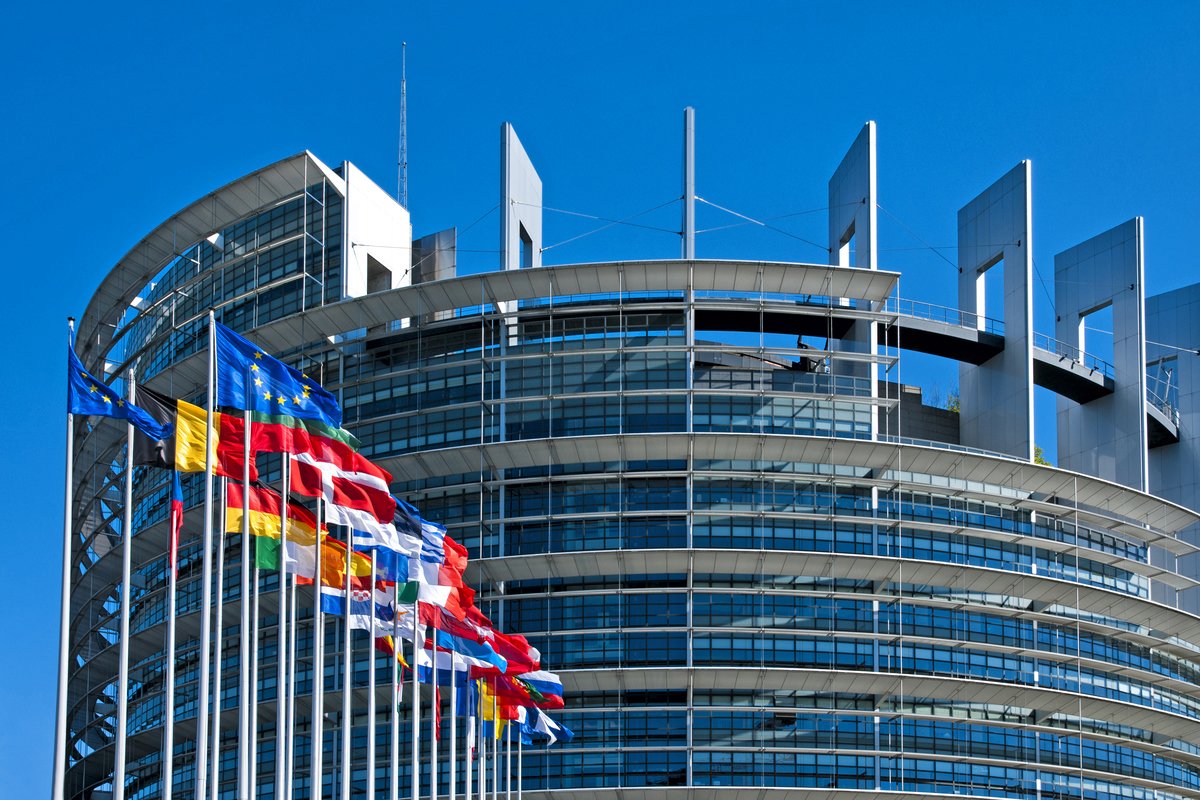EU reaches provisional agreement on FuelEU Maritime
The European Parliament and Council have reached a provisional agreement on greenhouse gas (GHG) emission targets under the FuelEU Maritime regulation for shipping.
 PHOTO: European Parliament headquarters in Strasbourg, France. Getty Images
PHOTO: European Parliament headquarters in Strasbourg, France. Getty Images
The maritime sector will have to cut the GHG intensity of the energy used on board ships by 2% as of 2025, 14.5% as of 2035 and 80% as of 2050, compared to 2020 levels.
The European Parliament had initially proposed a more stringent 20% reduction target for 2035, but this has now been lowered. The other yearly reduction targets have been kept unchanged from what was previously proposed.
“The compromise on 2035 target landed on 14.5%. It is less than European Parliament mandate (20%), but a bit more than initial European Commission proposal and Council mandate, that stood at 13%,” a spokesperson from the European Parliament tells ENGINE.
These targets will apply to ships above 5,000 gross tonnes (GT), to all energy used onboard ships in or between EU ports, and to 50% of the energy used on voyages where the departure or arrival port is outside of the EU.
Additionally, these vessels must use at least 2% of renewable fuels of non-biological origin (RFNBOs) by 2034. These are typically green hydrogen-based fuels. The EU will also reward companies that decide to opt for these fuels up to 2035 through a so-called "multiplier of 2" towards emissions counting.
A multiplier is meant to reward early adopters of certain sustainable fuels over others, such as green ammonia over biofuels. Environmental organisation Transport & Environment (T&E) has welcomed the move to reward shipowners that opt for greener fuels.
T&E shipping programme director Faig Abbasov called it "a 'Tesla-moment' for shipping’s technological transition!"
Members of the European Partliament (MEPs) have agreed to review the FuelEU Maritime rules by 2028 to determine whether to extend the emission reduction requirements to vessels of less than 5,000 GT.
T&E thinks that there are still some loopholes left, which could boost uptake of biofuels or low-carbon - but not zero-carbon - fuels in shipping. T&E has urged authorities to fix these loopholes when they review the rules in 2028.
The FuelEU Maritime proposal will now need formal approval from the European Council and Parliament.
“The final vote in plenary could be around this summer,” the European Parliament spokesperson said.
By Nithin Chandran
Please get in touch with comments or additional info to news@engine.online





